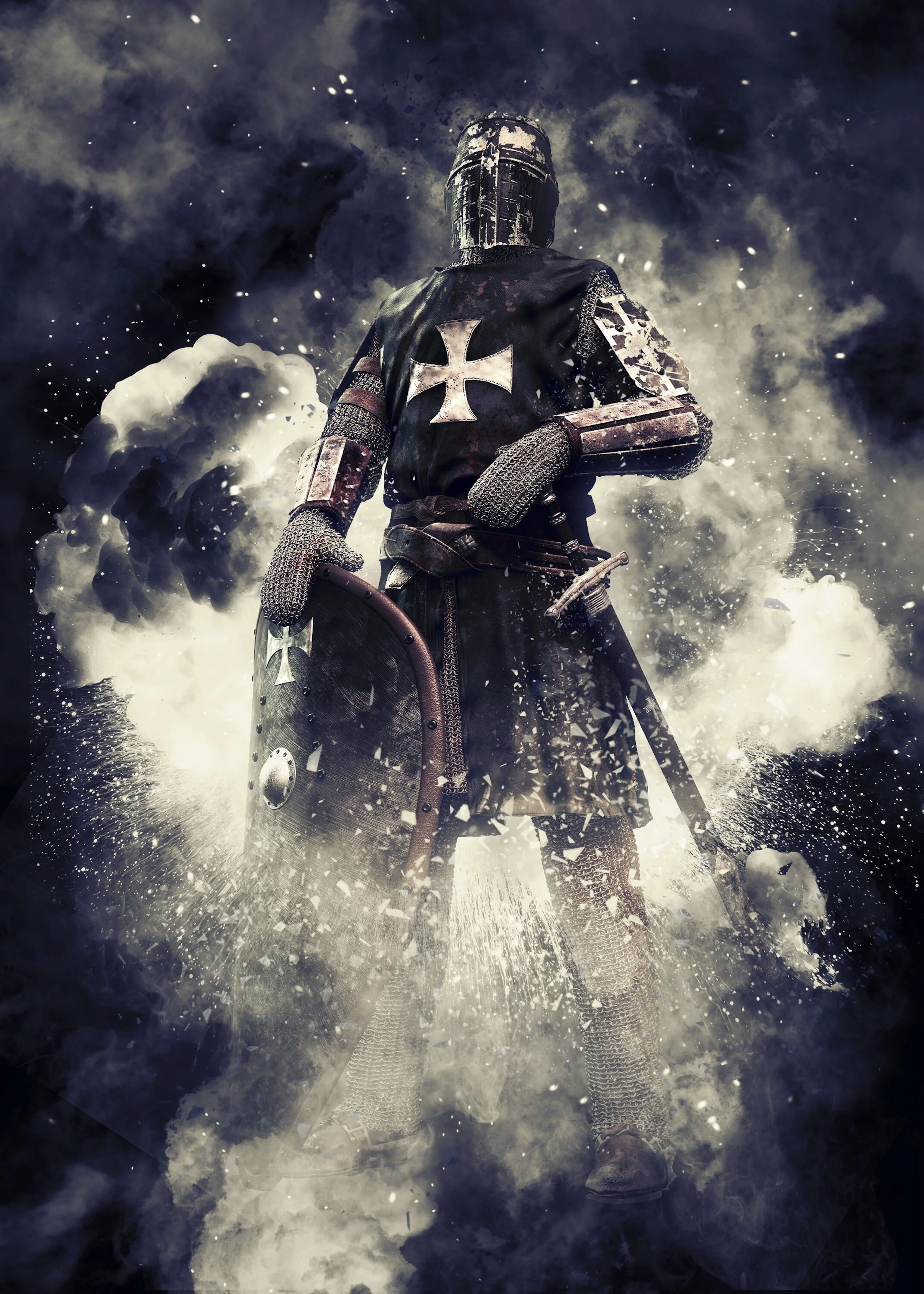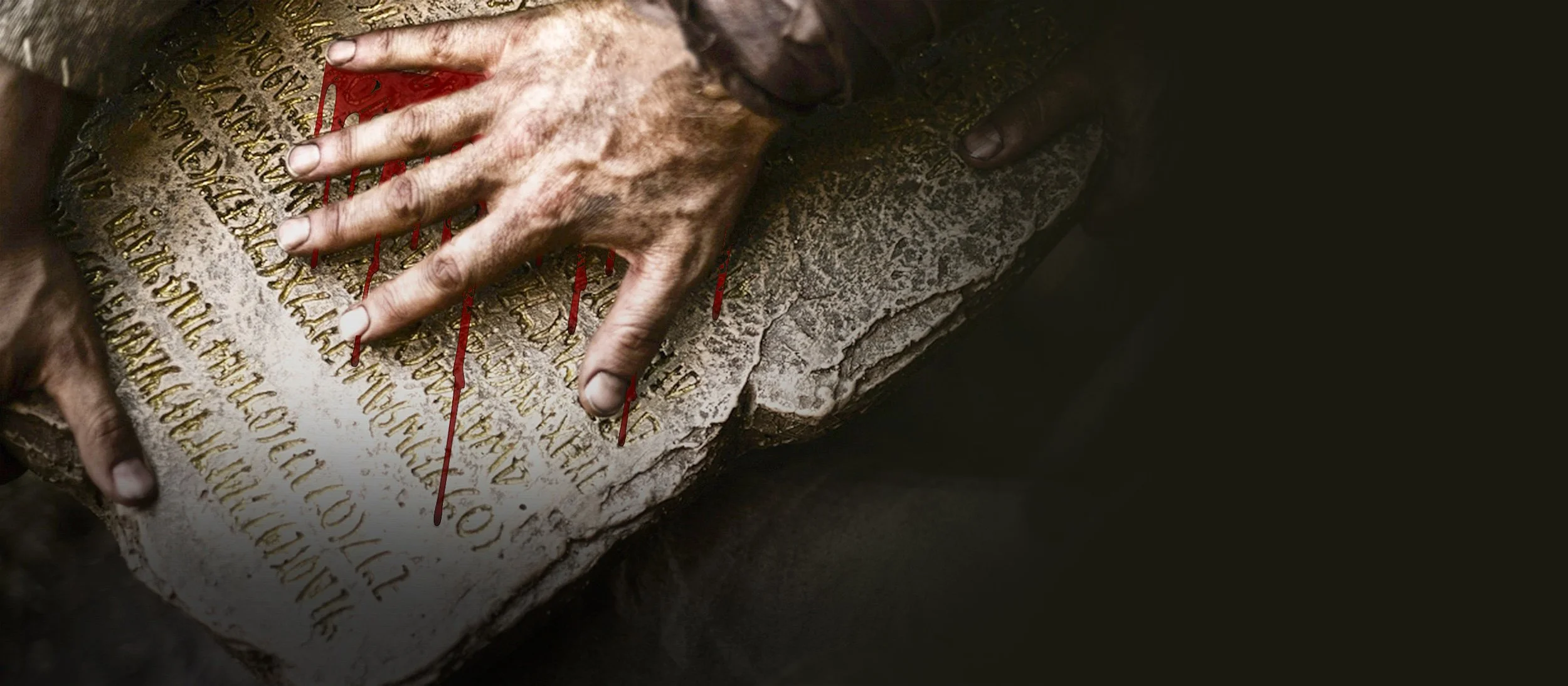Anti-Jewish Abominations that Cause Desolation
In 313 C.E. the emperor Constantine converted to Christianity and made the Christian faith the official religion of the Roman Empire. Constantine’s conversion was a glorious turning point for the persecuted Christians. However, his policies proved destructive to the Jewish people and to the holy Hebrew roots of the Christian faith. Constantine harbored Satan’s ancient hostility toward Israel and labeled the Jews a wicked, villainous, and perverse sect. Hal Lindsey states: … by the early fifth century, the Church believed that it was the sole possessor of Israel’s covenant promises, including the ownership of the promised land. Acting from this false premise, the Church began to use its new political power to create and enforce anti-Jewish legislation—a practice that became usual in the Middle Ages. In many cases throughout the Middle Ages, the institutional Church either forced Jews to convert by political oppression and terror, or put them to the sword.
Once again, it was the false prophetic premises of the Church that were the basis of the Church’s anti-Jewish attitudes and actions. The Church began to act in a way that was in diametric contradiction to the teachings of the Lord Jesus Christ. … Persecution followed the Jews wherever they went in the centuries that followed Emperor Constantine… . Only two years after Constantine made Christianity the official religion of the empire, he initiated a series of repressive edicts, … Prejudice against the Jews was guaranteed.1
The Serpent had succeeded in injecting his ancient venom into the bloodstream of Christianity. In the delirium caused by the cunning Serpent’s bite, men laid faulty foundations and gave rise to a form of religion contrary to the Almighty’s original building program. As new Christian doctrines and attitudes emerged, these undermined Yahshua’s (Jesus’s) command for Gentile believers to love and bless His Jewish brethren.
Historian Ausubel reports another important milestone along the infamous road of anti-Semitism: “Two centuries later [i.e., after Constantine’s reign], the Emperor Justinian (527-565 C.E.) issued his celebrated code which laid the legal groundwork for anti-Semitism as a PERMANENT CHRISTIAN STATE POLICY.2
In the centuries following Augustine and Constantine, they were alienated from society, forced to live in ghettos, and massacred in diverse places. Anti-Jewish atrocities reached a pinnacle with the Crusades of 1096 C.E.. During the eleventh through the thirteenth centuries, European Christians sent military expeditions to the land of Israel.
According to the historical account of Solomon bar Samson regarding the Crusades, “All the Gentiles were gathered together against the Jews in the courtyard to blot out their name…3 When the Crusaders, led by Godfrey, captured Jerusalem on July 15, 1099, they first entered the city through the Jewish quarter. A terrible slaughter took place. The surviving Jews were sold as slaves. The Jewish community of Jerusalem was obliterated. In all, tens of thousands of Jews were massacred in the name of Christianity as a consequence of the first Crusade.4
With banners flying in the name of Jesus Christ and giant crucifixes held high, the Serpent’s envoys paraded as Christians to accomplish Satan’s diabolical schemes. The Crusaders stormed Jerusalem, rounded up the Jews in their great synagogue, locked the doors, and set it ablaze. As the screams of Messiah’s brethren pierced Yahveh’s heart, the deceived army marched proudly and mercilessly around this Jewish bonfire,5 waving their Christian banners and singing “Christ We Adore Thee.”
The passionate mission of the Crusaders had been ignited through the erroneous doctrine of “replacement theology.” These Christians believed that Jerusalem no longer belonged to the Jews. The church had replaced Israel, and Jerusalem was to become a Christian city. A leader of the Crusade, Raymond Aguilers, led the army over a carpet of mutilated bodies in the height of satanic victory. As they marched, they sang Psalm 118:24: “This is the day which the Lord has made; Let us rejoice and be glad in it.”
Indeed, the ancient Serpent had won himself quite a victory! The dividing wall of hostility between Jew and Gentile, which had been destroyed through the blood of the Messiah, was now resurrected and stained with the blood of His brethren, the Jews.
The Dark Ages
Yahshua (Jesus), the glory of Israel, was to be the “light of revelation to the Gentiles” (Luke 2:32). Illumined by this light, the Gentiles now would have eyes to see, ears to hear, and a spirit to know, understand, and worship the God and Messiah of Israel. The Gentiles were redeemed and commissioned to co-labor with the Savior in His harvest field, to go in His divine order and bring the Gospel to the Jews first (Romans 1:16). But now the bright light of Messiah was overshadowed by Satan’s darkness. Yahshua’s (Jesus’s) love and truth were overpowered by the Enemy’s hatred and lies. The anti-Semitic Crusades ushered in a period of history called the Dark Ages. Simply stated, the degree to which the Church has walked in the light and love of Messiah toward the Jews is the same degree to which it has had the true light of revelation shining in and through it.
During the Dark Ages, a common Christian slogan caught on among the people like a catchy tune: “Kill a Jew and save your soul.” To the ancient Serpent, this morbid melody echoed like a victory cry from the mouths of thousands of misguided Christians. If only the light of revelation had not been overshadowed by the darkness of men’s doctrines. Many of these unsuspecting Christians would never have become the agents of anti-Semitism. Yahveh’s heart cries out, “My people are destroyed for lack of knowledge” (Hosea 4:6).
Hear the words of Isaiah: “To the law and to the testimony! [including the biblical mandate to bless the Jews] If they do not speak according to this word [Yahveh’s full counsel], … they have no light of dawn” (Isaiah 8:20). The “bright morning star” (Revelation 22:16) has been eclipsed by trumped up doctrines, becoming as dim moonlight. Many Christians have worked diligently in the harvest field as if working by the light of the moon. Because of the darkness, many good crops were inadvertently trampled and never harvested. Many seeds were not planted correctly, nor was the soil prepared properly, simply because there was no bright light of truth by which to work. Many seedlings died before maturity because the Son’s (sun’s) full counsel and radiance was not there to feed them with the proper nutrients. What a blighted harvest field with so much dry, shriveled fruit! What a grief to the Creator and a repulsion to the multitudes who see it.
The Iniquitous Inquisitions
The infamous Inquisitions followed the cruel Crusades. Deep darkness was upon the church and the world. Most vestiges of love and mercy toward Messiah’s brethren had been buried with the thousands of Jews who were murdered as “Christ-killers.”
The Inquisitions lasted several hundred years and helped perpetuate Satan’s strategy against the Jews. From the reign of Constantine to the Middle Ages, every religious tradition that did not line up with the teachings of “the Church” was considered heresy. The Jewish people, in their tenacity to maintain their biblical Hebrew roots, were considered a threat to this tainted form of Christianity.
The European Inquisitions were aimed in part at the eradication of all that was Jewish and considered heresy. During these dark years, many Jews were threatened and massacred. If Yahshua (Jesus), the Jew of all Jews, had lived during that time, the church leaders would have considered His uncompromised Hebraic nature a threat to their form of Christianity.
Poison in a Pillar
Martin Luther is considered the great pillar of Protestantism—a man whom many in Christendom respect. What did Martin Luther have to say about the Jews? Early in his life, he rallied to their cause. In 1523 he wrote a pamphlet entitled “Jesus Christ Was Born a Jew” in hopes of winning the Jews to Christianity. But toward the end of his life, Luther became frustrated with the Jews because they did not respond to his presentation of the Gospel.
Martin Luther, even with his prominent faith and noteworthy zeal, did not understand the Jews, nor did he understand Yahveh’s heart and purpose for His chosen people. He did not fully comprehend the sovereignty of the Abrahamic covenant (Genesis 12:3) or the mandate for Gentiles to extend love and mercy to the Jews (Romans 11). Moreover, he presented a Savior stripped of His Jewish identity and distorted by Gentile characteristics. A Gentile portrayal of their long-awaited Messiah never did and never will appeal to the masses of Jews. The Jews await a Jewish Messiah.
Like many others, Martin Luther was simply a byproduct of a religious system that had been permeated by the Serpent’s venom. This poison was circulated in his spiritual veins until it flared as a raging infection toward the end of his life.
Jacob R. Marcus, a notable Jewish historian, expounds on Luther: “His growing bitterness and sense of disillusionment finally vented itself in 1543 in a series of German anti-Jewish writings of which Concerning the Jews and Their Lies is a notorious example. There are no more bitterly anti-Jewish statements in all Christian literature than those who may be found in these writings of the disappointed rebel.”6
Martin Luther’s words have often been used as proof to the Jews that the beloved Savior of the Gentiles could not possibly be their friend, much less their long-awaited Messiah. Luther said, “What then shall we Christians do with this damned, rejected race of Jews? Since they live among us and we know about their lying and blasphemy and cursing, we cannot tolerate them if we do not wish to share in their lies, curses, and blasphemy. … We must prayerfully and reverentially practice a merciful severity. … Let me give you my honest advice: First, to set fire to their synagogues or schools and to bury and cover with dirt whatever will not burn, so that no man will ever again see a stone or cinder of them. This is to be done in honor of our LORD and of Christendom. … Second, I advise that their houses also be razed and destroyed … Third, I advise that all their prayer books … be taken from them. Fourth, I advise that their rabbis be forbidden to teach henceforth on pain of loss of life and limb …Fifth, I advise that safe-conduct on the highways be abolished completely for the Jews. … Let them stay at home … Sixth, I advise that usury be prohibited to them, and that all cash and treasure of silver and gold be taken from them, and put aside for safe keeping …Seventh, I recommend putting … an ax, a hoe, … or a spindle into the hand of young, strong Jews and Jewesses and letting them earn their bread in the sweat of their brow.”7
As someone has said, “How odd of God to choose the Jew, but not so odd as those who choose the Jewish God and hate the Jew.”
References
1 Hal Lindsey, op. cit., pp. 12-13.
2 Ibid., pp. 13-14.
3 Jacob R. Marcus, The Jew in Medieval World (New York: Atheneum, 1969), p. 116.
4 Hal Lindsey, op. cit., pp. 14-15.
5 Webster’s New World Dictionary of the American Language, s.v. “bonfire” — “[ … lit., bone fire, fire for burning corpses] …”
6 Jacob R. Marcus, op. cit., p. 165.
7 Hal Lindsey, op. cit., pp. 23-24 (Lindsey is quoting from Concerning the Jews and Their Lies. Luther’s words can be found in other works, including Jacob R. Marcus’ The Jew in the Medieval World, p. 167; and Erwin W. Lutzer’s Hitler’s Cross, p. 86).











